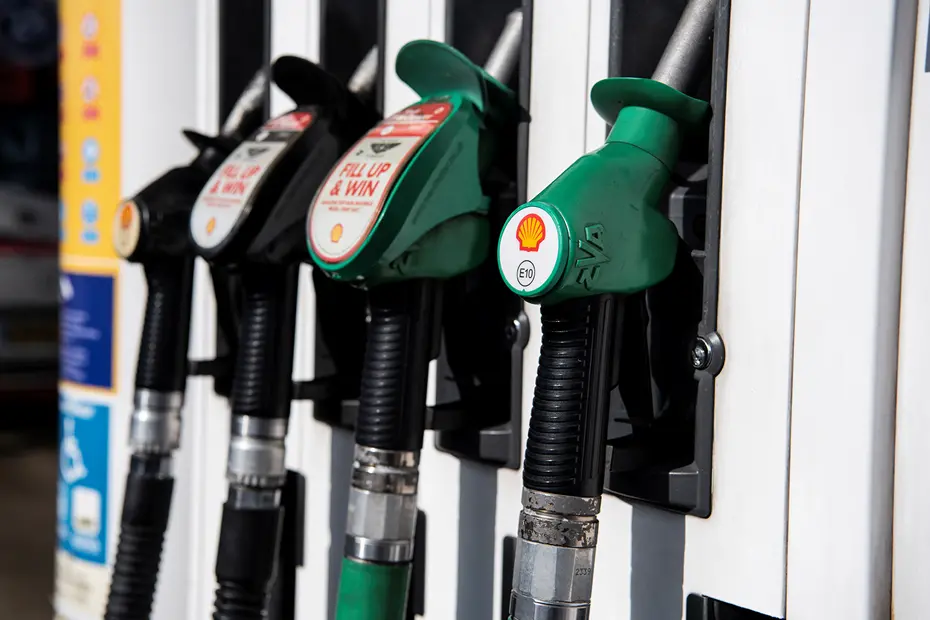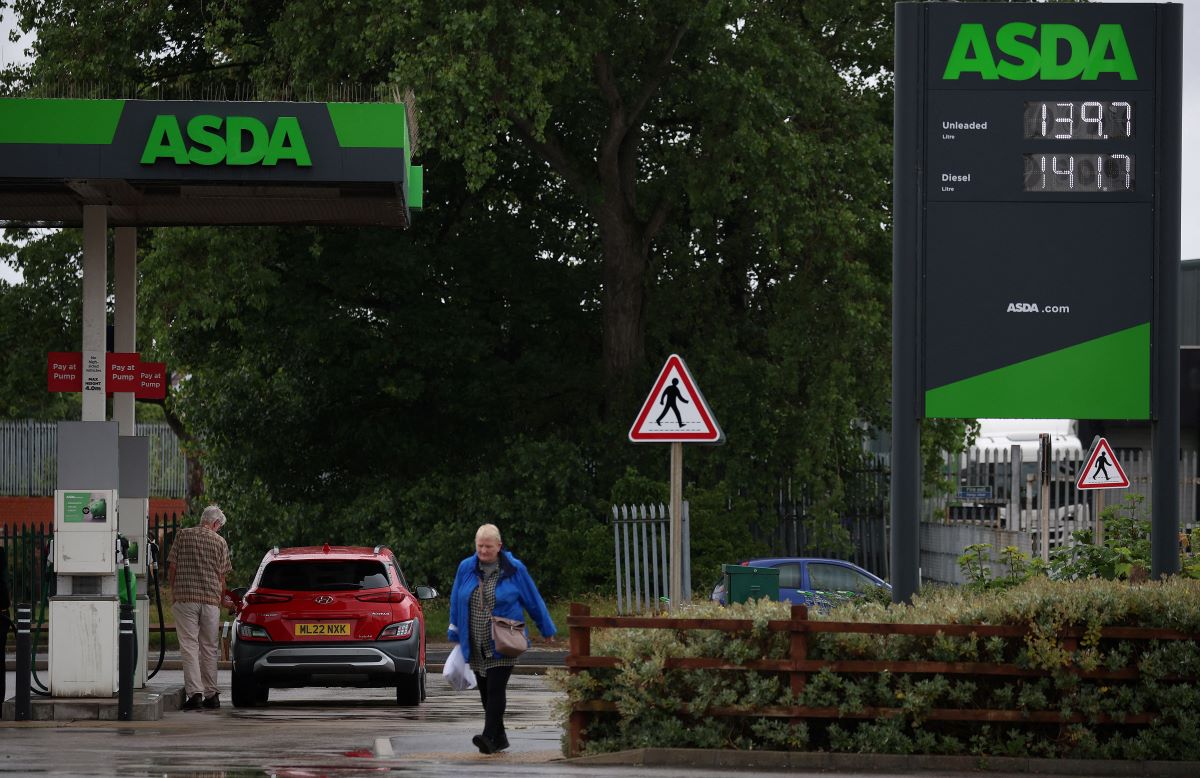Petrol and diesel prices in the UK have dropped to their lowest levels in nearly three years, but motorists should prepare for the first increase in fuel duty in 14 years, expected in next month’s autumn statement.
According to the AA, the average petrol price fell to 139.5p per litre on Wednesday, the lowest since October 2021, just four months before Russia’s invasion of Ukraine caused a spike in global oil prices.
Diesel prices also declined, averaging 144.2p per litre on Wednesday. Though slightly higher than in July last year, this is still the lowest price since October 2021, as noted by the motoring group.
These price drops come just weeks ahead of the anticipated Labour government’s introduction of the first fuel duty hike since the Conservatives implemented a freeze in 2011, which was followed by a 5p per litre cut in 2022.
Last week, the RAC predicted that the 5p cut, which had been maintained in the spring budget this March, would likely be eliminated.
Surprisingly, the motoring group supported this view, arguing that fuel retailers had not passed on savings to consumers.
The AA attributed the fall in pump prices to the decline in global oil prices, with Brent crude dropping from over $80 a barrel in mid-August to $73 this week.

It also suggested that the savings were passed on more quickly than usual due to the expectation of the fuel duty cut.
Edmund King, the AA’s president, commented: “Simply put, the reason pump prices hit a three-year low this week is the 5p fuel duty cut. Removing it risks pushing millions of low-income drivers back into an era of persistently high fuel prices.”
King warned that reversing the cut could lead to a £3.30 increase per tank for 9 million drivers, many of whom are low-income and already struggling with their finances.
The government is widely expected to raise fuel duty in preparation for a “painful” autumn budget, aimed at filling the “£22bn gap” in public finances left by the previous Conservative administration.
Critics, including the Social Market Foundation (SMF) think tank, have labelled the fuel duty cut introduced by Jeremy Hunt as regressive, arguing it benefits the wealthiest more than others.
The SMF found that the freeze on fuel duty, combined with the 5p cut, has cost the Treasury £100bn since 2011 and could reduce revenues by £27bn over the next five years.
Their analysis showed that the lowest-earning 20% of the population would receive just 10% of the savings, while the top-earning 20% would gain 24%.







Leave a Reply